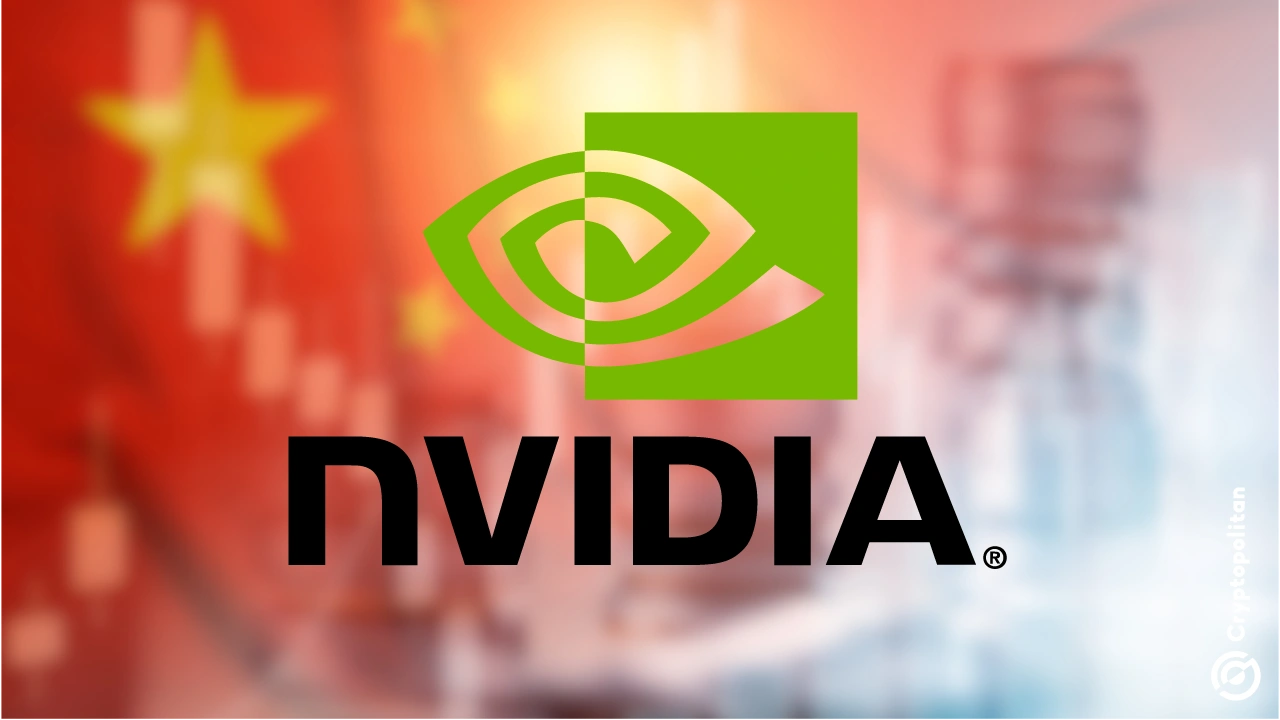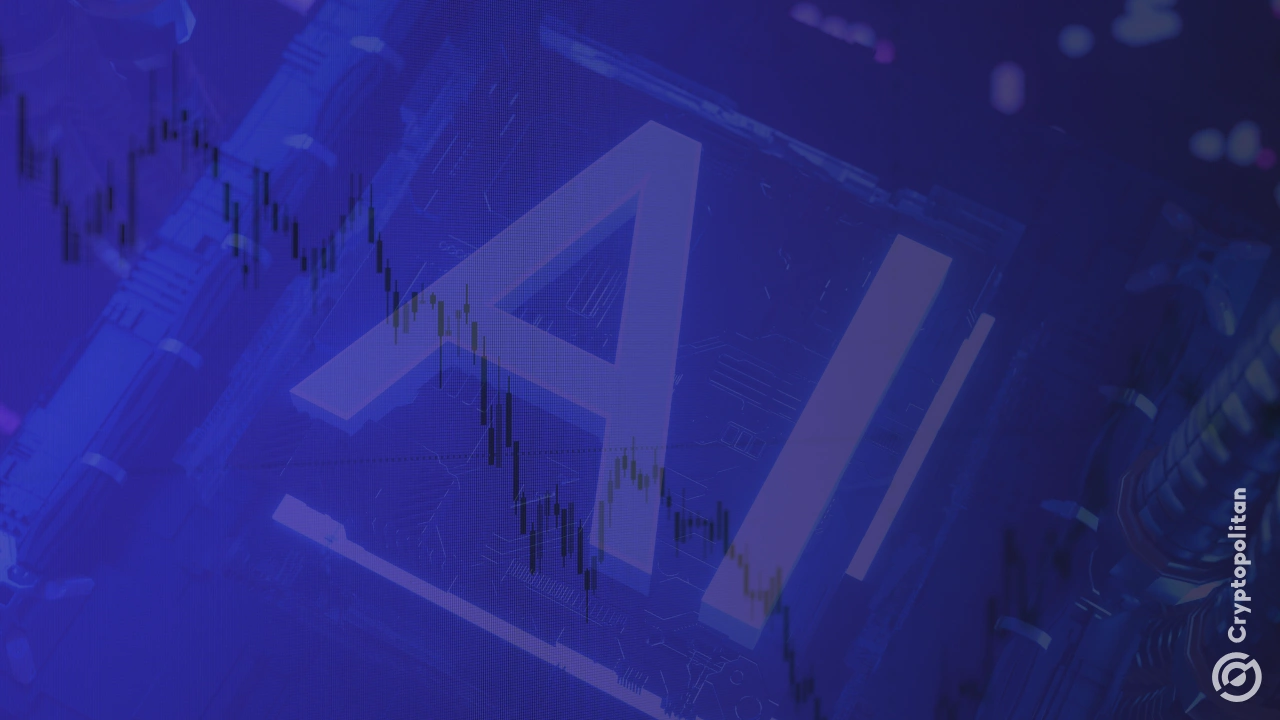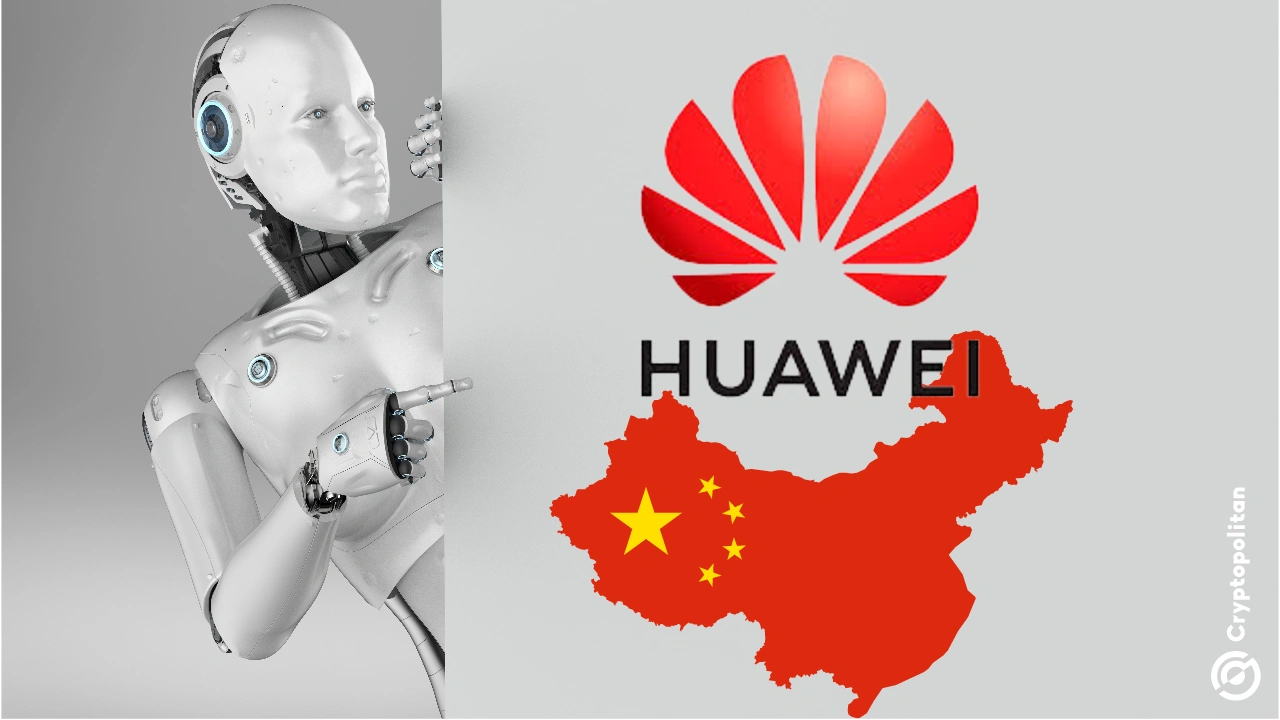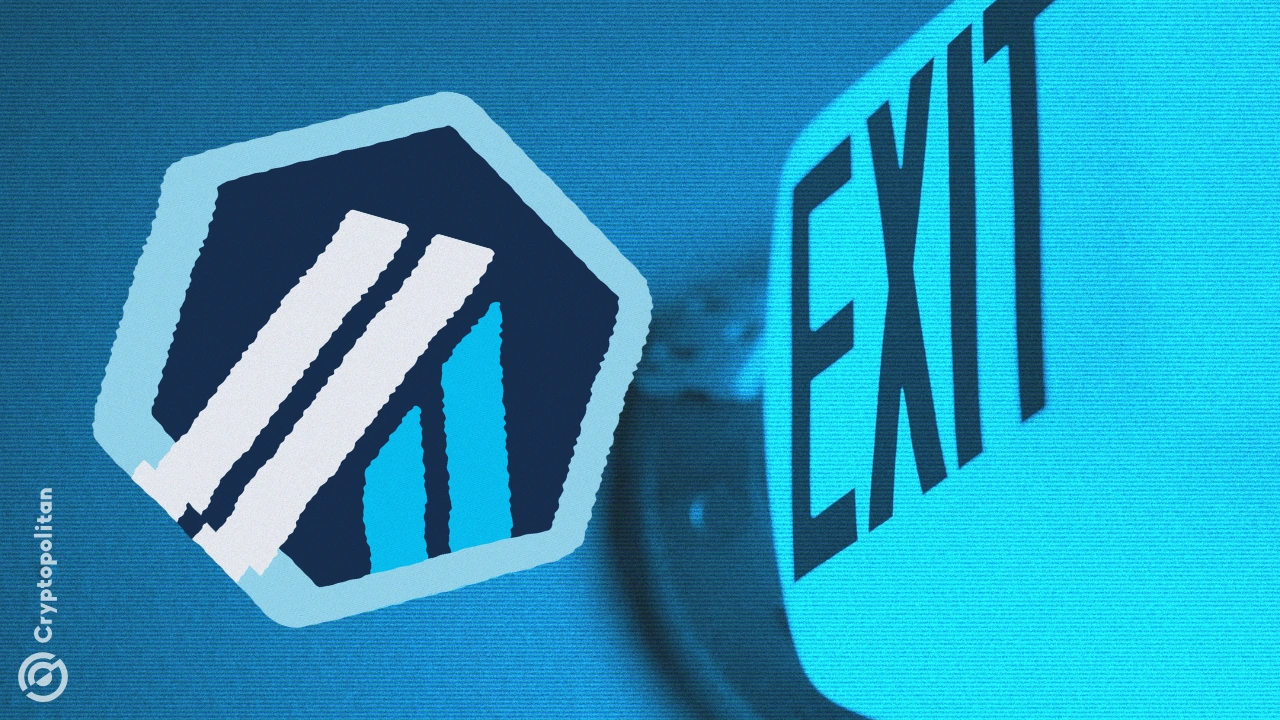Huawei Technologies is building a new AI chip called the Ascend 910D to push Nvidia’s best products out of China’s market, according to The Wall Street Journal.
The company is already working with Chinese tech firms to test if the chip is strong enough, with the first batches expected to arrive by late May. Huawei plans a full round of tests before offering the chip to customers.
The Ascend 910D is still early in development, but Huawei wants it to beat Nvidia’s H100, the top AI chip launched in 2022. The earlier chips, 910B and 910C, didn’t fully close the gap. Huawei is hoping the 910D will finally get there. People involved said it will take more testing to know if it can actually beat Nvidia’s tech.
Huawei grows shipments and challenges US trade limits
Huawei has been China’s answer to America’s dominance in tech, especially since Washington blacklisted it nearly six years ago.
In 2023, Huawei rolled out the Mate 60 smartphone during then-Commerce Secretary Gina Raimondo’s visit to Beijing, using a chip made entirely with Chinese resources. That move shocked US officials who thought sanctions would kill the company’s ability to make high-end products.
The US government recently added Nvidia’s H20 chip to its banned list, meaning Nvidia can’t sell it in China without a license. Nvidia said it would lose $5.5 billion because of the new ban. These tighter rules opened space for Huawei and another Chinese company, Cambricon Technologies, to take more market share.
This year, Huawei is expected to ship over 800,000 chips from its Ascend 910B and 910C lines to buyers like China’s state-run telecom carriers and private firms, including ByteDance, the parent company of TikTok.
Some clients are already pushing Huawei to supply more chips after the Trump administration made it even harder for Nvidia to sell into China.
Even with problems in chip production, Huawei and other Chinese firms are still getting processors out that, while slower by a few years compared to Nvidia, are close enough for many customers.
Instead of chasing tiny circuitry designs, Chinese companies are linking many chips together to boost computing power without needing the latest expensive manufacturing methods.
Beijing has also been pressing Chinese companies to buy local chips. State-run data centers now mostly run on Chinese-made hardware instead of imports.
Huawei introduces new system to counter Nvidia’s advantage
Previous versions of Huawei’s chips, like the 910C, didn’t match the marketing hype. Engineers who worked with both the 910C and Nvidia’s H100 said Nvidia’s chip still outperformed Huawei’s. That’s why Huawei is trying a different route now.
The company lost access to Taiwan Semiconductor Manufacturing Company, the world’s biggest chipmaker. China’s next best shot, Semiconductor Manufacturing International, can’t get the most advanced gear because of US restrictions. Also, Washington banned China from buying high-bandwidth memory units, another key part for fast AI chips.
Because of these blocks, Huawei changed strategies. Instead of making one super chip, it built systems using many chips at once. In April, Huawei launched the CloudMatrix 384, a computing system linking 384 Ascend 910C chips.
Some experts said it beat Nvidia’s best rack system under some conditions, even though it used way more electricity. Nvidia’s system holds 72 Blackwell chips, but Huawei’s packed system could outperform it in sheer raw computing.
Building these large chip systems isn’t simple. Engineers said it demands fast networks and tough software setups to avoid crashes when so many chips work together.
Research firm SemiAnalysis said, “Having five times as many Ascends more than offsets each GPU being only one-third the performance of an Nvidia Blackwell.” They added that “the deficiencies in power are relevant but not a limiting factor in China.”
Huawei is throwing everything it has at the AI race, despite the heavy hits from the US, by finding new ways to keep moving forward without the world’s best chip factories or latest parts.
Cryptopolitan Academy: Tired of market swings? Learn how DeFi can help you build steady passive income. Register Now
















No comments yet